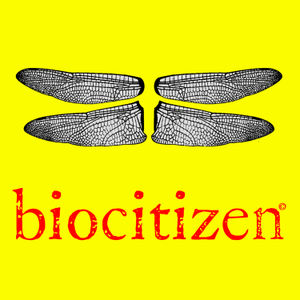
Biocitizen Banter
Biocitizen Banter
Biocitizen Banter #2: Interview with Eugene Hargrove, Founder of Environmental Ethics

Biocitizen Banter #2: Interview with Eugene Hargrove, Founder of Environmental Ethics
Description
Welcome to Biocitizen Banter, a podcast dedicated to environmental philosophy featuring lively discussions between people active in the effort to bring biotic health to our communities and commonwealth.
In this episode, Kurt Heidinger interviews Eugene Hargrove, who founded the journal Environmental Ethics, authored Foundation of Environmental Ethics, and played a major role in establishing Environmental Philosophy as a subject of study from the elementary school- to the graduate degree- level. We hear what drove Dr. Hargrove to create the field of study, and why it remains an essential subject as we enter the Anthropocene.
As a professor (now emeritus) at the University of North Texas, Dr. Hargrove has studied and taught nationally and in Europe, Asia and Chile, and as the director of the Center for Environmental Philosophy has mentored many proteges here and abroad. He’s also been an avid supporter of the Fundacion Omora run by Ricardo Rozzi and Francisca Massardo in Chile, and serves presently as a Biocitizen board member.
Dr. Hargrove’s essay Anglo-American Land Use Attitudes explains how we in the USA have inherited a tradition of viewing land as property, and how that view that determines our relationship with, and treatment of, the living systems that sustain us. It’s a classic expression of environmental philosophy and ethics, and you can read it here.
> In the discussion of these attitudes, Gene mentions a cave he saved; it’s the Devil’s Icebox: take a look.